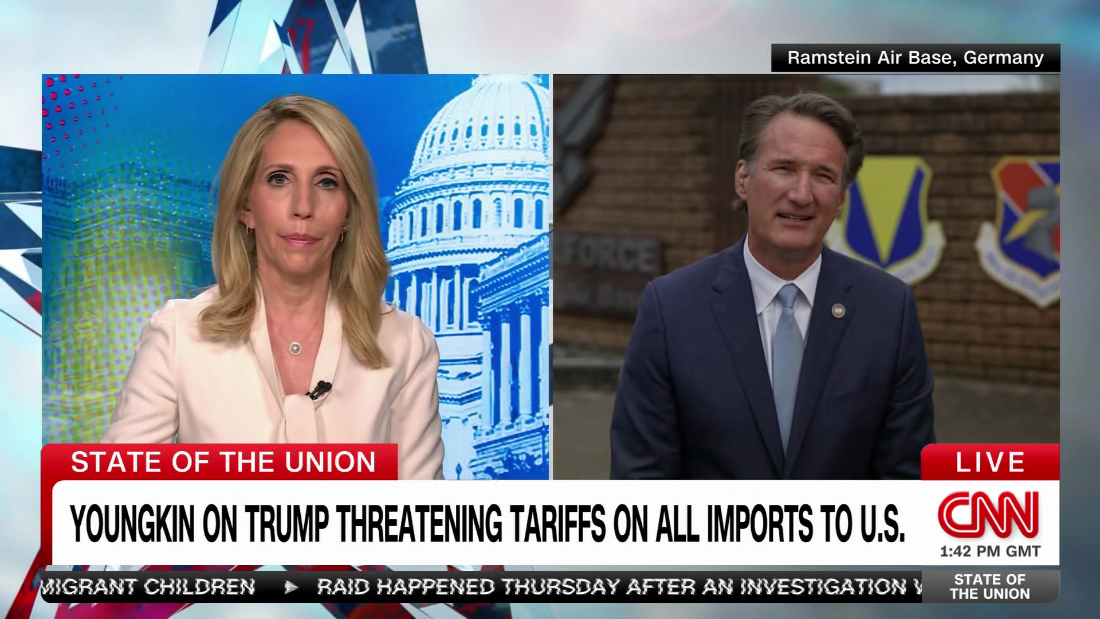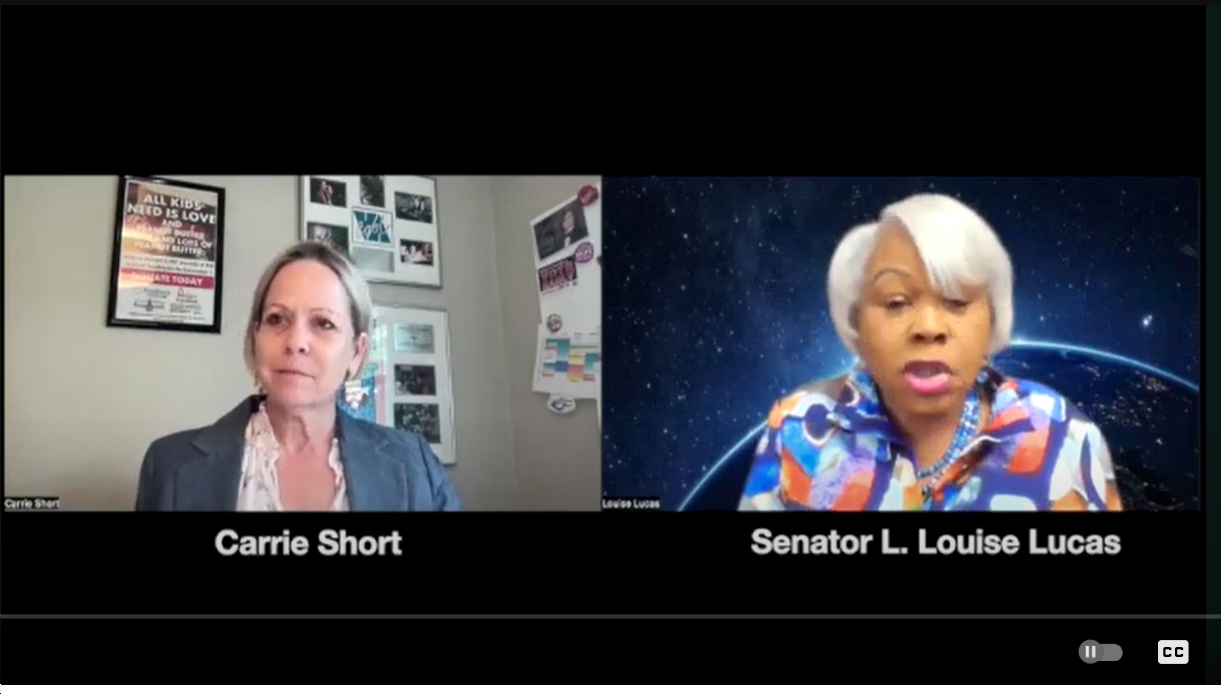





Once a beacon of progressive politics, California is now grappling with frustration and discontent. Governor Gavin Newsom's recent actions have left many left-leaning politicians and interest groups feeling disillusioned. Despite a favorable political climate, Newsom has vetoed numerous bills that were high priorities for the left, and has rejected additional spending proposals. This ideological repositioning is seen as a shift towards a more moderate stance, evident in his veto messages and support for anti-crime bills.
However, it's not just the political landscape that is causing frustration in California. The state is also facing challenges on the utility bill front. Rising utility costs in California are exacerbating the state's housing crisis, pushing families to the brink of homelessness. The state's major utility suppliers, PG&E, Southern California Edison, and San Diego Gas & Electric, have raised electricity rates over the last decade due to factors such as wildfire-related expenses, inflation, solar subsidies, and increased energy demands [45917a1b]. A quarter of California households reported being unable to pay their utility bills in October, leading to energy insecurity and the 'heat or eat dilemma.' Low-income families are forced to choose between paying their energy bills or rent, often resulting in eviction. The rising costs are particularly burdensome for families living in poorly insulated homes, who spend more on electricity and gas. Energy insecurity has a significant impact on health and housing stability. PG&E justifies the rate hikes as necessary for system upgrades and wildfire prevention. The utility companies have accumulated billions of dollars in debt from customers, despite debt forgiveness programs and government assistance. Many customers end up moving in with others, restarting utilities under someone else's name, or leaving the state. Advocates are calling for reforms to alleviate the burden on low-income consumers [45917a1b].
These struggles highlight the growing discontent among Californians. Jessica Millan Patterson, chairwoman of the California Republican Party, criticizes Democrats for their handling of crime, homelessness, and the economy in the state. She claims that Democrats have failed Californians and have sided with criminals. Patterson suggests repealing Prop 47 and enforcing harsher crackdowns on human traffickers as potential solutions. She also criticizes Governor Gavin Newsom's track record on regulating these issues and calls his climate mandates tone-deaf. Patterson believes that Californians are becoming increasingly frustrated with the high crime rates, failing education system, high cost of living, and homeless crisis in the state.
Juan Alanis, Assembly D-22, highlights the challenges Californians face due to rising fuel prices and calls for balanced policies. He mentions the 8% gas tax hike enacted in July, the upcoming gas tax increase scheduled for July, and the end of the diesel tax holiday on September 30, 2023. Alanis argues that attacks on the petroleum industry are counterproductive and that a solution should balance environmental goals with the financial burden on struggling Californians. He suggests suspending the gas tax hike, extending the diesel tax holiday, and changing the system to switch between seasonal fuel blends. Alanis emphasizes the need for thoughtful and measured changes to current policy decisions to create a future that balances environmental responsibility with economic stability.
The frustration with Governor Newsom's ideological shift, the looming income-based fixed charges on utility bills, and the rising utility costs exacerbating the housing crisis reflect the challenges faced by Californians. The state is grappling with political disillusionment, economic concerns, and the threat of homelessness, creating a complex and multifaceted struggle for its residents.
Meanwhile, in Utah, a conglomerate of bills passing through the Legislature is setting the tone for the future of the state's energy strategy. St. George Republican Rep. Colin Jack is sponsoring some of the most prominent energy bills this session, creating guidelines for the state's energy policy. These bills aim to prevent the early retirement of generators unless they are replaced with others of equal or greater capability. They also set parameters to determine which federal rules require the state's intervention and, potentially, fund lawsuits to challenge them. However, critics argue that these bills prioritize coal-powered plants and obstruct the evolution of renewables. They believe that this ranking can lead to higher electricity rates and missed opportunities to use clean energy resources. Senator Nate Blouin, a Democrat from Salt Lake City, believes that the biggest Republican energy bills are aimed at keeping coal plants open, which goes against market trends and good regulatory and utility management practices. Some lawmakers have been introducing and approving bills that dictate energy strategy, obstructing the early retirement of current electricity generators, and providing incentives for clean energy projects [950fddc8].
The energy bills in Utah are part of a larger conversation about the state's energy policy. While California is grappling with rising utility costs and political disillusionment, Utah is navigating the balance between coal-powered plants and renewable energy resources. Both states are facing challenges in their respective energy landscapes, highlighting the complex and multifaceted nature of energy policy and its impact on residents' lives.
In addition to these challenges, California is also facing a clash with former President Donald Trump's stance on fossil fuels. Trump, if he is returned to the White House, plans to revoke California's tough vehicle emissions standards and open more federal waters, possibly including the Pacific Coast, to oil drilling. Trump's priority is increasing oil and gas production, while California has made clean energy a major goal. Trump's administration could limit California's emissions standards to smog-producing pollutants like ozone, not greenhouse gases like carbon dioxide. Offshore oil drilling could also produce a standoff, as Trump proposed opening federal waters along the entire Pacific Coast to drilling for oil and gas. However, deep-water drilling in the North Pacific is expensive and risky, and local politics in California could make it prohibitively expensive to move oil from offshore wells to onshore refineries or terminals. Trump's opposition to wind energy is also at odds with California's plans for offshore wind farms, which are a big part of the state's clean energy goals. Environmentalists are concerned that a second Trump administration would worsen the climate crisis, as Trump plans to scrap President Biden's programs encouraging renewable energy and offer tax breaks to oil, gas, and coal producers. He also wants to repeal federal subsidies for solar, wind, and other renewable energy projects. Many environmental groups have endorsed Biden's reelection despite criticizing many of his decisions [4dd6b3f2].
The clash between Trump's stance on fossil fuels and California's clean energy goals adds another layer of complexity to the state's energy landscape. As California grapples with rising utility costs and political disillusionment, it also faces the challenge of aligning its energy policy with its ambitious climate goals in the face of potential opposition from a Trump administration.
In Virginia, environmental organizations are opposing Governor Glenn Youngkin's picks for the state Environmental Justice Council. Critics argue that the new appointees have strong ties to the fossil fuel industry, which contradicts the council's mission to reduce pollution and improve public health. The groups are also concerned that the new appointees do not meet the background requirements to be on the council. They have called on the General Assembly to reject the appointees and suggested that Youngkin should appoint individuals whose terms have expired. Environmental justice projects are already underway in areas sensitive to environmental issues, such as Petersburg, where a methane extension and compressor station are being proposed despite concerns about environmental impact. The groups are disappointed that Youngkin has not taken up policies to protect these areas [4b01f3cf].
Virginia State Senator Louise Lucas recently expressed her opinions on the current state of the budget and other topics during an episode of 'Friday Power Lunch.' She criticized Glenn Youngkin's 'Backwards Budget' tour and emphasized the need for funding K-12 education and Medicaid. Lucas also highlighted the importance of modernizing the tax code to support education and other priorities. She criticized the governor for giving away $4 billion to his rich friends and expressed concern about the future funding of education. Lucas mentioned the upcoming budget and stated that the same issues presented in the first budget will be presented again. She criticized Youngkin for vetoing a one-cent sales tax for school construction. Lucas also commented on Lieutenant Governor Winsome Sears, stating that as long as Sears stays in her lane and presides over the Senate without legislating, there won't be a problem. However, if Sears starts stepping into the political part of it, there will be an issue. Lucas expressed her readiness for the fight and signaled that Youngkin's time is ticking down [a000d8aa].
Virginia Governor Glenn Youngkin is working with law enforcement and university leaders to ensure peaceful protests on campus. He emphasizes the need to protect peaceful gatherings while not tolerating 'hate speech and intimidation' [0d9726f0].
Glenn Youngkin (R-VA) welcomes international investments into the United States, attributing them to the threat of China. Youngkin believes that the recognition of China's threat is driving European businesses to invest in the US and deepen existing relationships. He criticizes President Joe Biden's economic policies, citing rising grocery store prices and gas prices. Youngkin expresses his preference for former President Donald Trump's economic approach and hopes for his reelection in 2024. Youngkin is currently serving as governor of Virginia and replaced a Democratic governor with Trump's endorsement in 2022.
Republicans believe that Virginia could shift from the Democratic column and become a battleground state in the upcoming presidential election. This belief is based on a recent poll showing the race tightening in Virginia and the fact that the state has a Republican governor and a state legislature narrowly controlled by Democrats. Glenn Youngkin, the Virginia GOP Governor, discussed the prospect of turning the state red with former President Trump. Republicans point to recent elections in the state, including Youngkin's victory in 2021 and the flipping of a US House seat in 2022, as signs that Virginia is becoming more competitive. However, Democrats are skeptical and argue that the demographics favor them in Virginia, especially when Trump is on the ballot. Virginia Republicans are cautious about their party's chances of winning the state but acknowledge the potential to compete. A Republican pollster and former President Trump have expressed interest in flipping reliably Democratic states like Virginia. However, Virginia Republicans believe that if the state is truly in play, it will be a landslide victory.